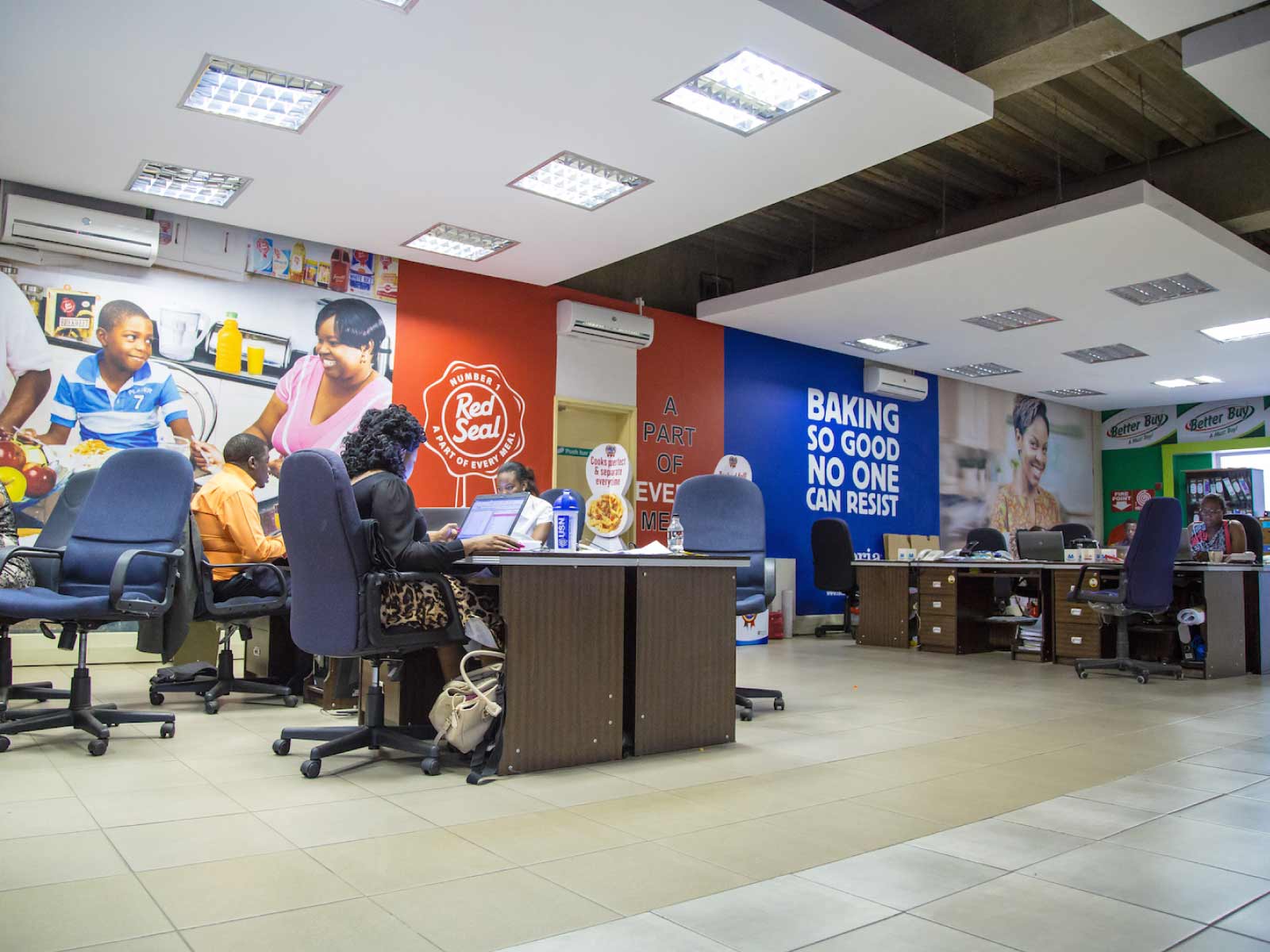National Foods invests big in contract farming
Agro-industrial firm, National Foods (Natfoods), which utilises close to 11 000 tonnes of wheat every two months has gone big in supporting local wheat contract farmers by procuring the bulk of raw materials from them.
The group’s contract scheme is managed by its unit Paperhole Investments (PHI) Commodities, which is responsible for the production of crops such as maize, soya beans and sorghum. It was established in 2011. The company also imports to cover domestic shortfalls.
Last year, NatFoods bought 40 000 tonnes of winter wheat from its contracted farmers. NatFoods expects to realise 40 000 to 50 000 tonnes of maize from the 2023-2024 summer cropping season after contracting farmers to set 5 200ha under the maize crop.
A total of 2400ha were also put under soya crop in the same cropping season. In line with Government policy under the National Development Strategy 1 (NDS1) and more specifically, the Agriculture and Food Systems Strategy, Natfoods also aims to increase production from both the contract farming and corporate farming divisions.
On Tuesday, National Foods group operations executive for the southern region, Mr Phawulani Ngwenya said ramping up local wheat production is critical as the company is investing in more production lines that require wheat as a raw material.
Part of National Foods plant
Therefore, contract farmers play a huge role in providing raw materials. “Zimbabwe has gone through the land reform programme driving towards capacitating farmers who need a market and we are the market. With a good installed machine here, it means that they have assurance (of a market).
“Our capacity is 11 000 tonnes every two months, so if we can buy that from our local farmers they are assured of better livelihoods. Therefore, we are excited about the investment we have made,” said Mr Ngwenya. He noted that they partnered with highly skilled organisations.
“At Arda-Antelope in Maphisa we partnered with Trek and that is cheap for us and it is something that we can control and its part of an initiative to give back to the community.” Mr Ngwenya was updating a delegation led by the Ministry of Industry and Commerce.
The visiting delegation was shown how the adoption of modern technology has improved operational capacity, efficiency and product quality in the process of developing a solid domestic industrial base in line with the National Development Strategy 1 (NDS1), a critical building block towards the attainment of an upper middle-income economy vision by 2030.
The Government has set in place measures to drive winter wheat production to reduce imports as the country ultimately targets being a net importer of the cereal. To cover deficits, especially in soft wheat, Zimbabwe imports from regional countries like South Africa and far-afield countries like Argentina and Russia.
Unit miller, Mr Jerry Gadoh said the country produces quality wheat that compares favourable with internationally produced. National Foods has invested US$6,5 million in the automated mill in Bulawayo, which guarantees better constituency quality.
As a result, production capacity has increased from 240 to 300 tonnes per day. The old mill, which was second-hand from the United Kingdom in the 1950s, was inconsistent due to frequent breakdowns and capacity utilisation was 70 percent.-chronicle











